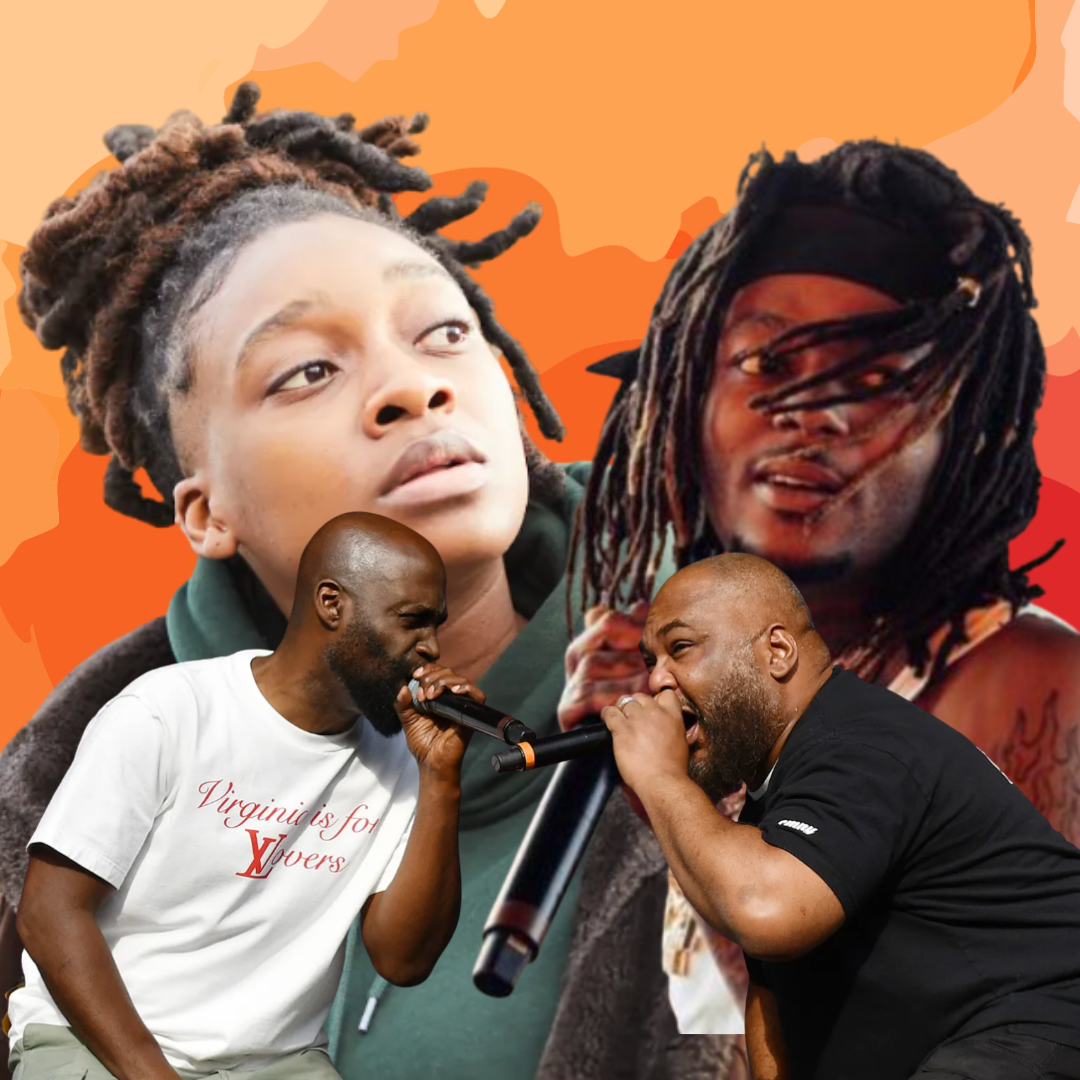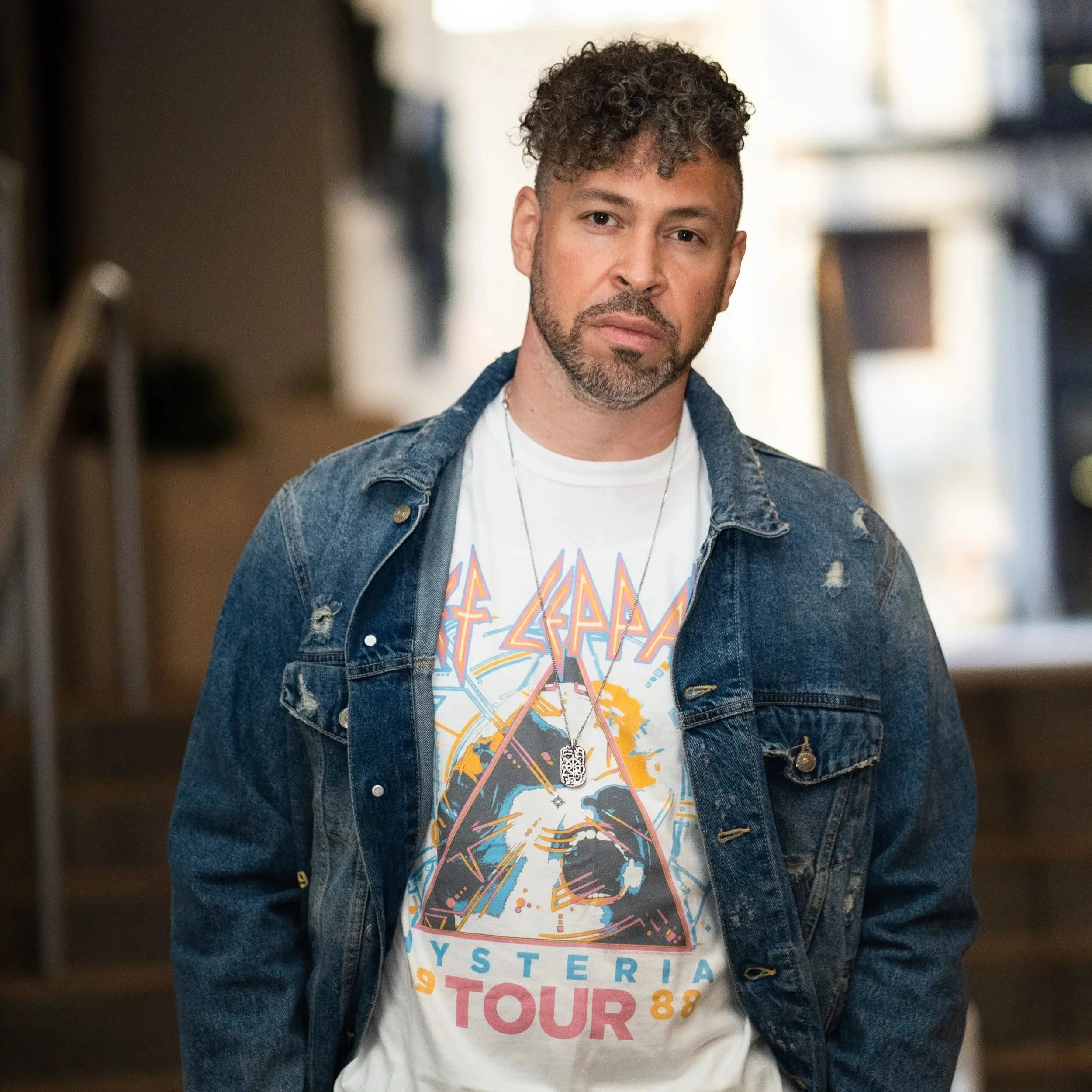Bouncin' To The Go-Go Beat: An Ode To Sub Genres
*Editor’s Note (National Black History Month): In honor of Black History Month, this article explores how bounce and go-go carry Black history through sound in New Orleans and Washington, D.C.
A Black Music Month Celebration Of The Regional-Defining Sounds of Bounce, and Go-Go.
There are certain sounds that are native to specific hip-hop communities. The funk and jazz that permeate the arteries of West Coast production. The urgent, industrial steel-like percussion and soul sampling that defined early New York City rap records. The deep influence of blues and gospel, and heavy use of 808s that gave southern hip-hop its signature offering.
But when considering the overarching sonic themes that identify certain regions, there are still the subgenres that really let you know where you are based on how the locals respond to it. The music that is ever-present in area nightclubs, and at community events. These subgenres embody the flavor of the cities they originate from and authenticate the experiences of outsiders who are interested in indulging in true culture.
In New Orleans, that subgenre is bounce music. In D.C. and surrounding areas, that subgenre is go-go.
As a South Louisiana native, I am deeply familiar with the ubiquity of Bounce music. The parties of my adolescence, college years and young adulthood were amplified by the sounds of the Triggerman beat, the call-and-response chants and the energy that pulsated through every song. I grew up witnessing the gravitational pull of “that beat,” and its instant ability to transform a chilled kickback into sweat factory.
During my four and a half years as a resident of the DMV, I witnessed a similar effect on D.C. natives when the syncopated rhythmic pocket of the go-go beat blared, especially when performed live. The pride and revelry of southeast D.C natives, in particular, was infectious for me as a non-native and gave me a familiar aesthetic of being in South Louisiana while bounce was playing.
Bounce and go-go have more than a few similarities. Both have pioneers that are revered as musical deities in their respective communities. You cannot talk about the legacy of go-go music without paying homage to the iconic, late Chuck Brown and his Chuck Brown Band, or make mention of go-go having a foray into the mainstream without crediting the band, EU, and their timeless record, Da Butt. Similarly, you would be hard pressed to find a New Orleans native who remembers the genesis of bounce that would not talk about the legacies of DJ Jubilee, TT Tucker or Cash Money Records legend, Mannie Fresh.
Except for Mannie Fresh, most of these pioneers exist in relative anonymity outside of their respective cities. But to the lifelong residents, these artists and, more importantly, their music, are at the epicenter of culture, community and good times.
Bounce and go-go have also both been victims of outside forces that sought to derail their impact and minimize their contributions. Be it cultural appropriation, improper crediting of their pioneers, or legitimate efforts to silence and/or police the music, these art forms have had to fight throughout the decades to sustain the essence of what makes them unique and endearing to the audiences who have sustained their relevance.
(Don’t Mute the Movement logo; Image credit: @dontmutedc Instagram)
But as with any art form that is protected and powered by the communities that created it, bounce and go-go have stood the test of time while constantly evolving. Bounce artists such as Ha Sizzle and BJ So Cole have taken the baton from pioneers such as the late Magnolia Shorty, Partners-N-Crime (PNC) and Cheeky Blakk (who coined the term “twerk”), to ensure that the genre keeps bodies on dancefloors for generations to come. And D.C. artists such as the Backyard Band, New Impressionz and Farafina Kan are keeping the tradition of live go-go music thriving, all while adding their distinct flavor.
The month of June is Black Music Month, a designation created in 1979 by President Jimmy Carter, intended to honor and celebrate Black artists’ contributions to music on U.S. soil. It goes without saying that genres like blues, gospel, jazz, soul/R&B and hip-hop will always be spotlighted when acknowledging the depth of contributions from Black music makers.
However, it is often the subgenres that are born from those primary categories that make for a deeper appreciation of the voices and rhythms and sounds that have come by way of Black musical ingenuity. The music that is interwoven into the fabric of the communities from which they come.
I cannot imagine a New Orleans without bounce just as I cannot imagine D.C. without go-go. To even be able to fathom such a thing, I would have to concede to a world where the natives of these communities have completely vanished with no hope of ever returning.
Fortunately, I will never have to consider this reality as there are far too many torch bearers of the music to allow either genre to go quietly into the night. And far too much spirit and history to keep the bodies off the dancefloors.






